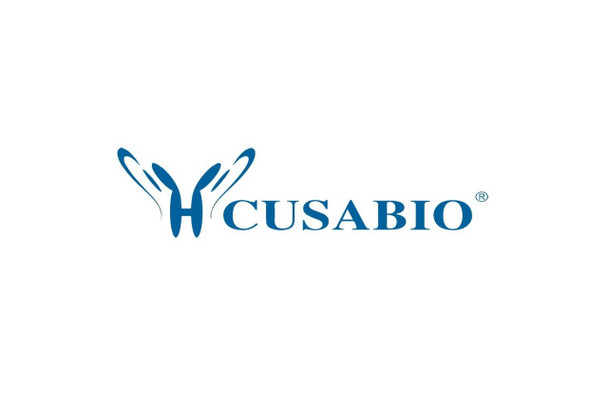Cusabio Polyclonal Antibodies
Phospho-VDR (Ser51) Antibody | CSB-PA160201
- SKU:
- CSB-PA160201
- Availability:
- 3 to 7 Working Days
- Size:
- 100ul
Description
Phospho-VDR (Ser51) Antibody | CSB-PA160201 | Cusabio
Phospho-VDR (Ser51) Antibody is Available at Gentaur Genprice with the fastest delivery.
Online Order Payment is possible or send quotation to info@gentaur.com.
Product Type: Polyclonal Antibody
Target Names: VDR
Aliases: 1;25-dihydroxyvitamin D3 receptor; NR1I1; vitamin D receptor; vitamin D3 receptor
Background: Nuclear hormone receptor. Transcription factor that mediates the action of vitamin D3 by controlling the expression of hormone sensitive genes. Regulates transcription of hormone sensitive genes via its association with the WINAC complex, a chromatin-remodeling complex. Recruited to promoters via its interaction with the WINAC complex subunit BAZ1B/WSTF, which mediates the interaction with acetylated histones, an essential step for VDR-promoter association. Plays a central role in calcium homeostasis.
Isotype: IgG
Conjugate: Non-conjugated
Clonality: Polyclonal
Uniport ID: P11473
Host Species: Rabbit
Species Reactivity: Human, Mouse, Rat
Immunogen: Peptide sequence around phosphorylation site of serine 51 (R-R-S (p) -M-K) derived from Human Vitamin D3 Receptor.
Immunogen Species: Human
Applications: ELISA, WB
Tested Applications: ELISA, WB;WB:1:500-1:3000
Purification Method: Antibodies were produced by immunizing rabbits with synthetic phosphopeptide and KLH conjugates. Antibodies were purified by affinity-chromatography using epitope-specific phosphopeptide. Non-phospho specific antibodies were removed by chromatogramphy using non-phosphopeptide.
Dilution Ratio1: ELISA:1:2000-1:10000
Dilution Ratio2: WB:1:500-1:3000
Dilution Ratio3:
Dilution Ratio4:
Dilution Ratio5:
Dilution Ratio6:
Buffer: Rabbit IgG in phosphate buffered saline (without Mg2+ and Ca2+), pH 7.4, 150mM NaCl, 0.02% sodium azide and 50% glycerol.
Form: liquid
Storage: Upon receipt, store at -20°C or -80°C. Avoid repeated freeze.
Initial Research Areas: Epigenetics and Nuclear Signaling
Research Areas: Epigenetics & Nuclear Signaling;Cancer;Signal transduction






